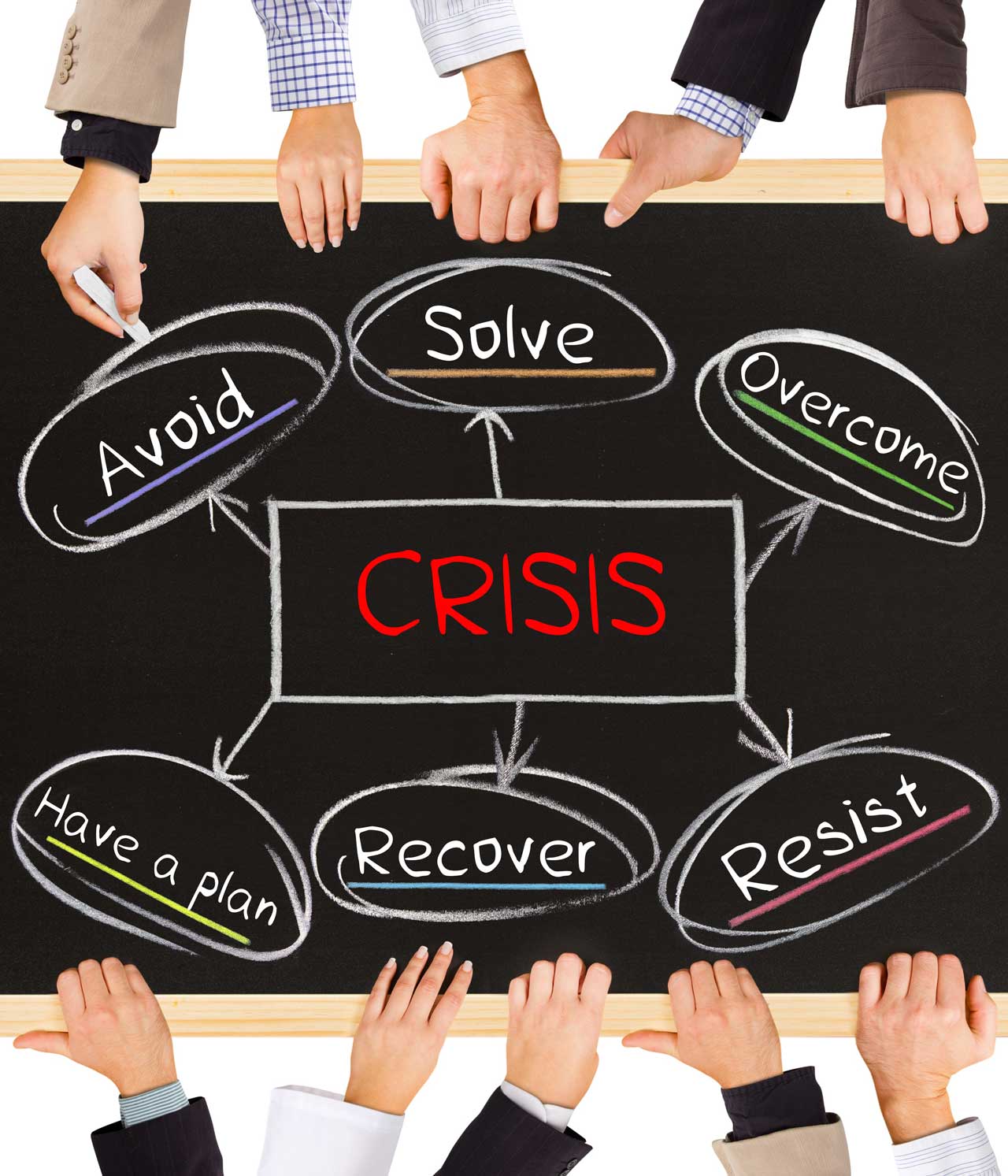Social Issues & Crisis Response: How to Build a Modern Plan

Social Issues Are the New Crisis
For businesses of all sizes, social issues can pose a significant challenge. Some CEOs or founders want to publicly come out for or against a certain cause, while others would rather stay quiet. Many companies take a stand because a particular issue is important to its employees; others seem to speak up at more convenient or financially beneficial moments. Whatever the motivation and whether a brand stays quiet or speaks out, in many cases, repercussions come along either way. Let’s take a look at how a few companies have handled some of the biggest social issues of the last few years.
Target Gets Inclusive
Target made global news when it announced that its transgender customers can use the bathroom of their choice. Many customers supported the decision, while others were outraged. A boycott ensued, and the company eventually caved to pressure: In mid-2016, it announced a compromise in adding a third, single-toilet bathroom in all of its stores to better accommodate both transgender and cisgender patrons.
Starbucks Embraces Refugees
A notoriously outspoken brand, Starbucks stirred up plenty of anger online when in January it announced it would work to hire 10,000 refugees worldwide. The news came as President Trump signed an executive order banning refugees from entering the U.S. from several predominantly Muslim countries, a move that had already been decried by major players in Silicon Valley, including Apple, Google and Facebook, all of whom employ a very diverse workforce.
The topic became the highest trending topic on Twitter, with many saying they would boycott Starbucks and others vowing to support the company more than ever. And although the boycott made headlines for several weeks, Starbucks is still going ahead with its plan and claims that sales are as strong as ever.
Bakers Take a Stand
Smaller companies also frequently take a stand on social issues, with mixed results. For example, the owners of a bakery in Gresham, Ore., refused to bake a wedding cake for a lesbian couple in 2013 due to their own religious beliefs. The case wound up in court, and the bakers were fined more than $130,000 for violating the couple’s civil rights.
The bakers found themselves to be the brunt of nationwide outrage as well as support. In fact, supporters sent them more than $500,000 through various fundraising campaigns. But during the trial process, they were forced to close their shop due to financial hardship.
L.L. Bean Stays Mum
While the above examples illustrate what can happen when a company takes a stand, in plenty of cases, inaction also has had an impact. For example, after L.L. Bean co-owner Linda Bean donated to a super PAC supporting Donald Trump’s campaign, the clothing company appeared on the GrabYourWallet boycott list. According to CEO Shawn Gorman, L.L. Bean “stays out of politics.” While the company itself continues to express confusion over the boycott, many consumers think the attempt at neutrality isn’t enough, especially following President Trump’s tweet encouraging followers to support L.L. Bean even more.
Building a Modern Crisis Response Plan
As you can see, involvement in social issues now has the power to make or break a company. In many cases, the success or failure of taking a stand rests on the company’s level of crisis preparedness when the fallout begins.
With so many hot-button social issues on consumers’ minds, it’s vital for companies to carefully manage their reputations. We’re in a very politically-charged climate, and organizations should take the time to decide which values they want to stand for—and whether that position aligns with their customer base.
Businesses must prepare a crisis response plan that accounts for social issues, especially if they’re planning on making policy changes or if their executive team is active in politics. It’s especially important to consider those social issues that may directly impact your company, so pay close attention to topics that affect your workforce, local city or state, or customer base. Then, determine how you’re going to respond if the time comes.
Finally, remember that news and opinion about social issues moves extremely fast online. It’s not enough to have a general crisis response plan in mind; you need to fully flesh it out, make it available to all stakeholders, and be able to access and activate the plan immediately during a crisis.
In the event that a social issue pulls your company into a crisis, you need to move extremely fast to gain control of the situation. A crisis management smartphone app gives you immediate access to your plan and allows you to instantly activate your crisis response team—getting out ahead of the story before public opinion turns against you.










